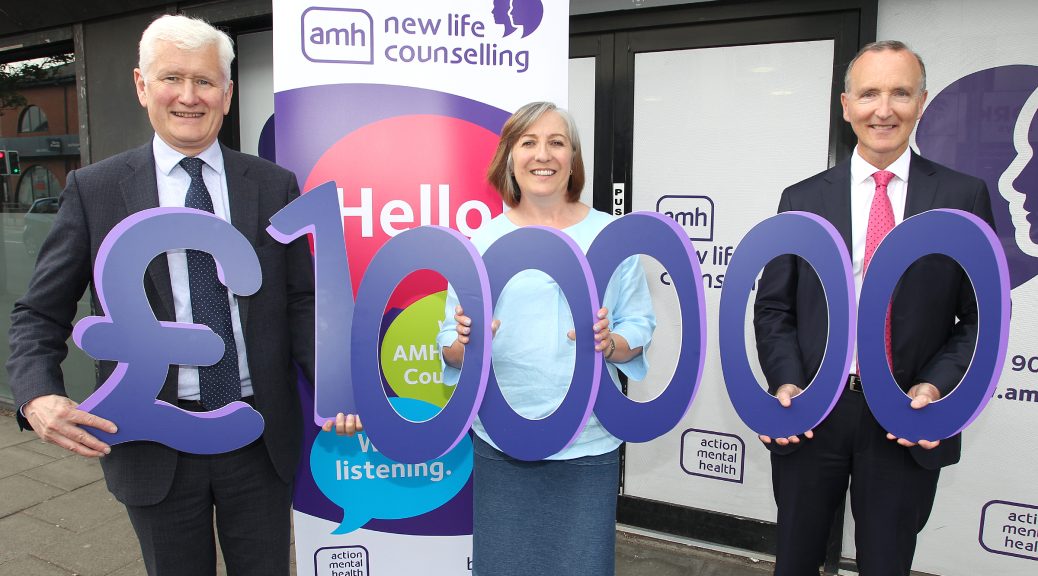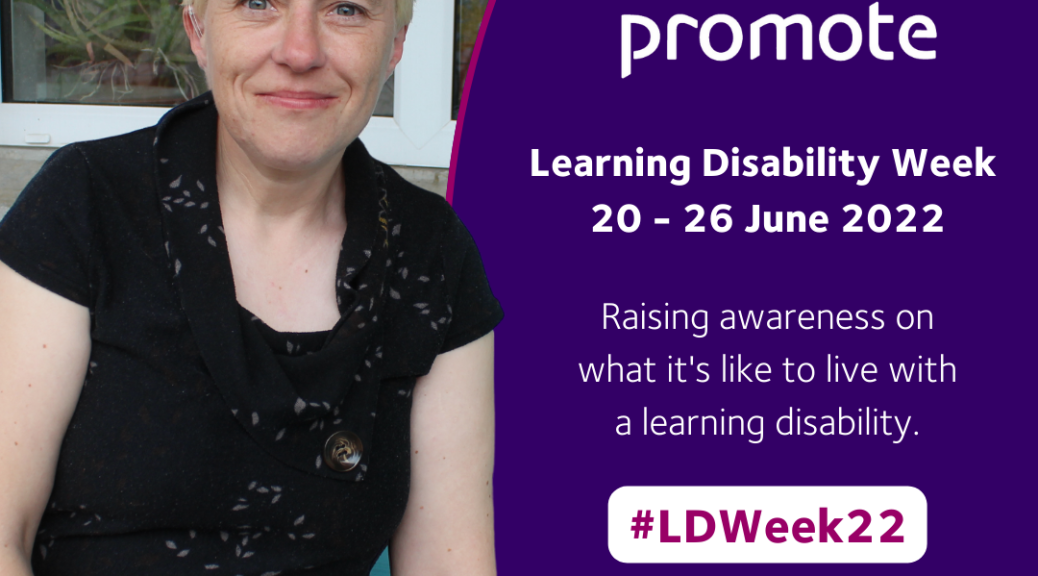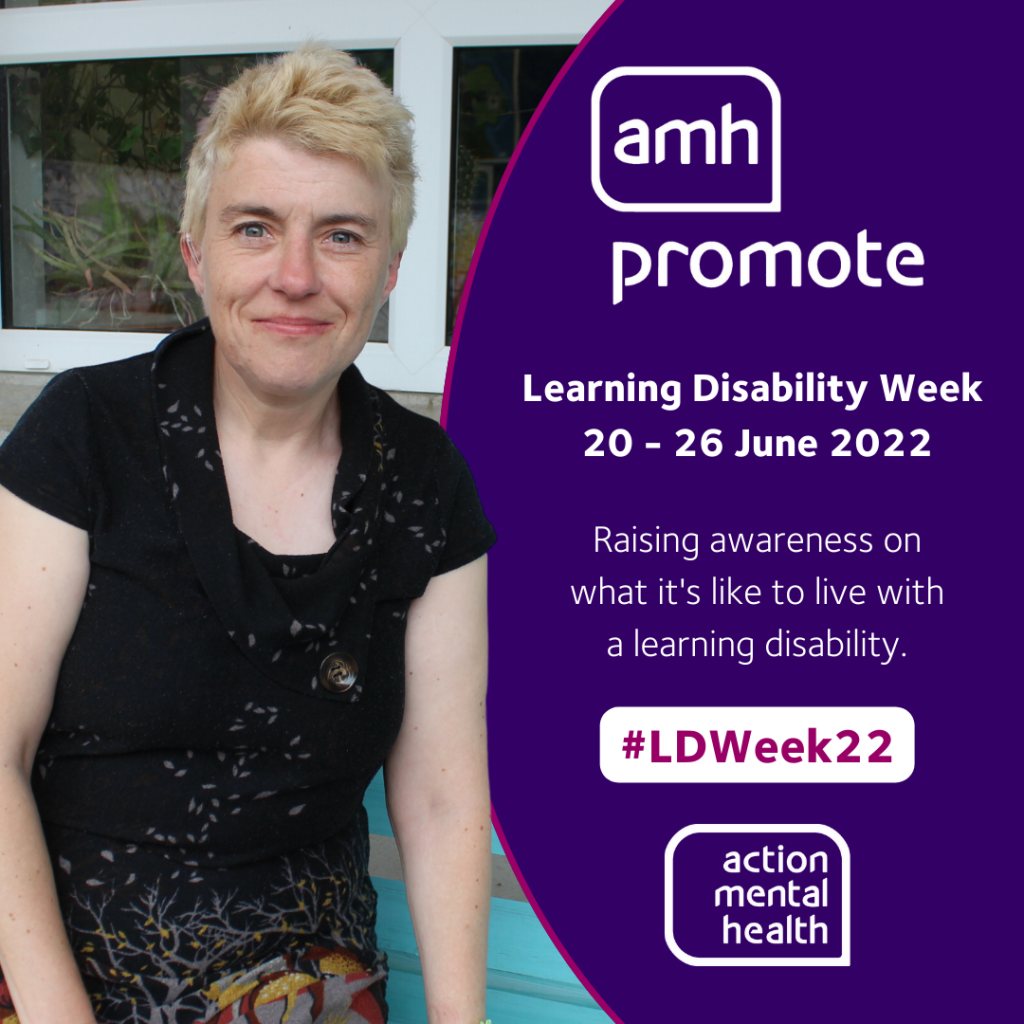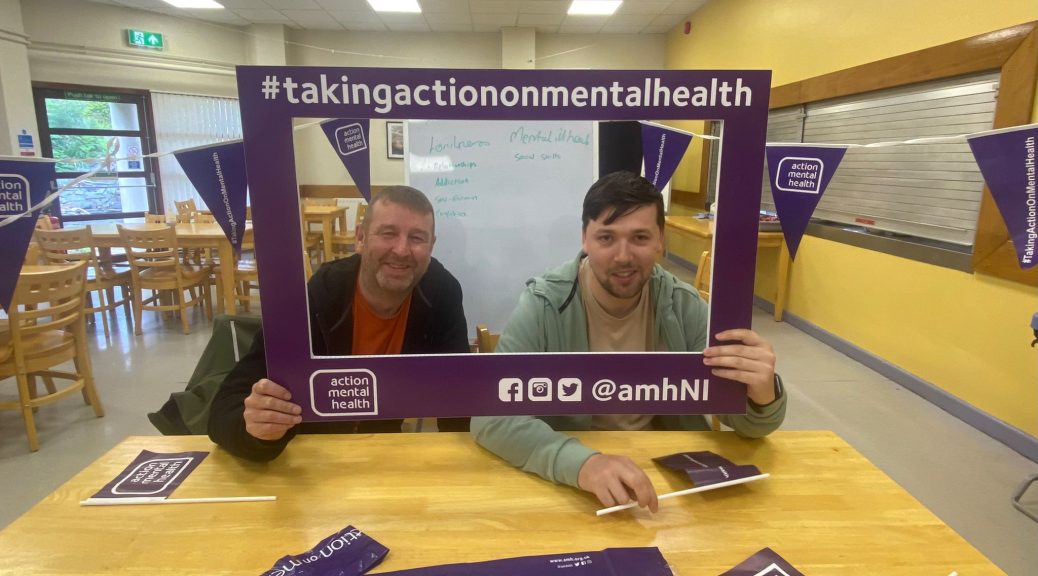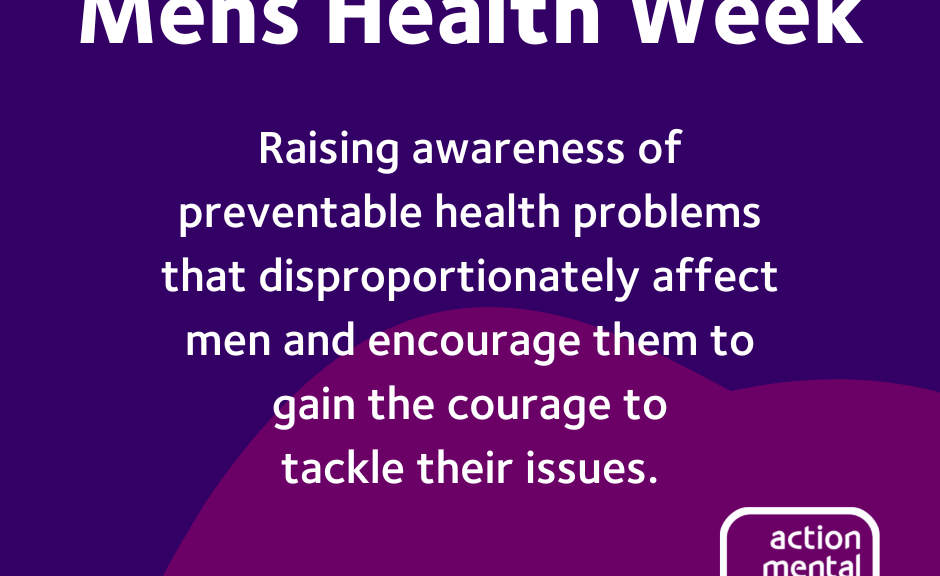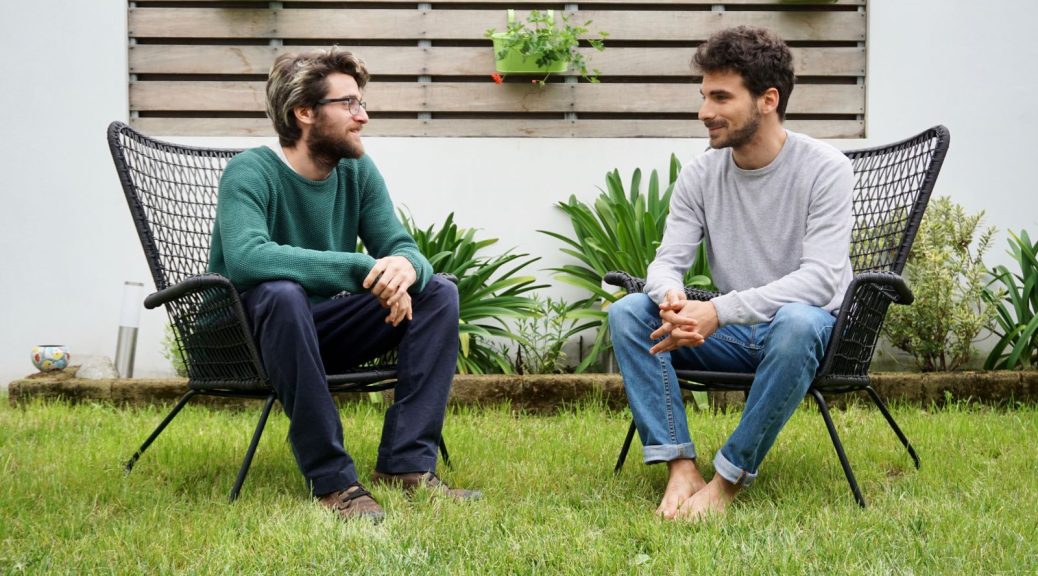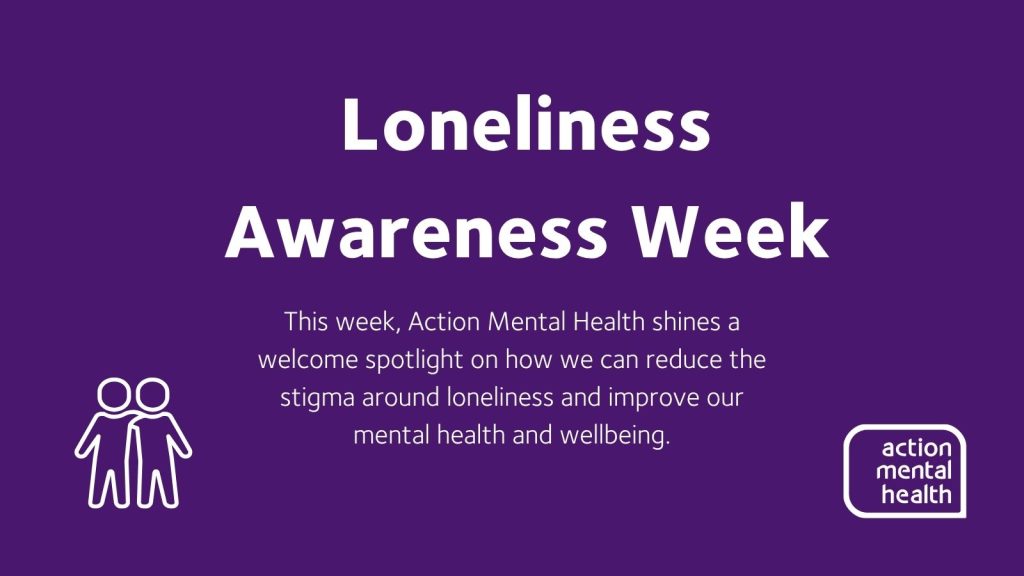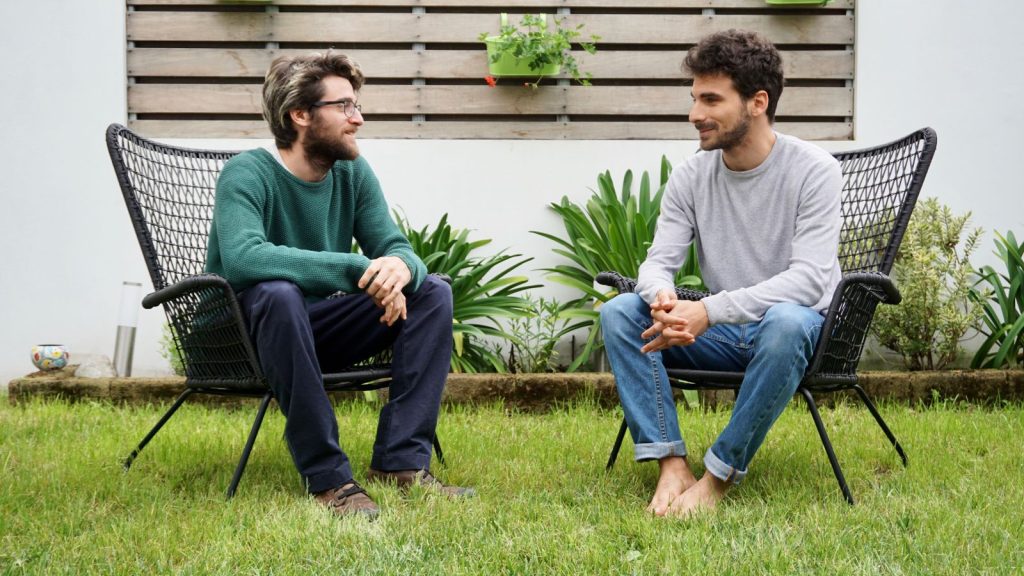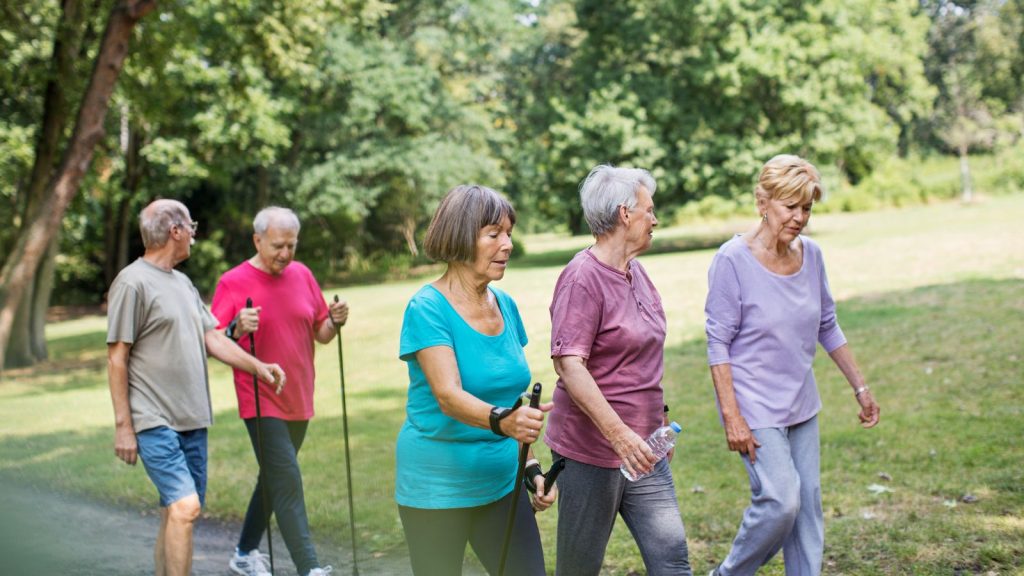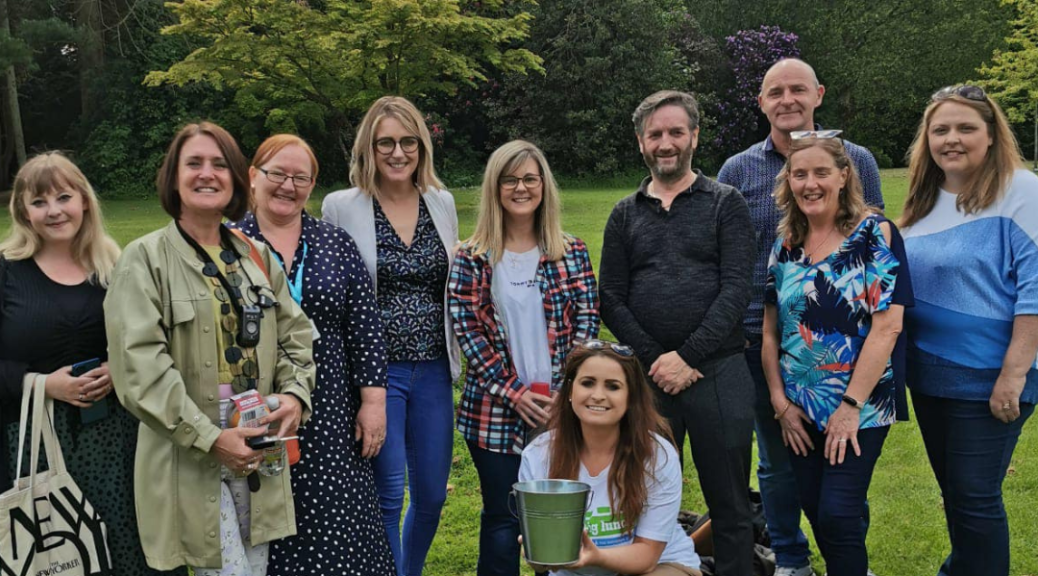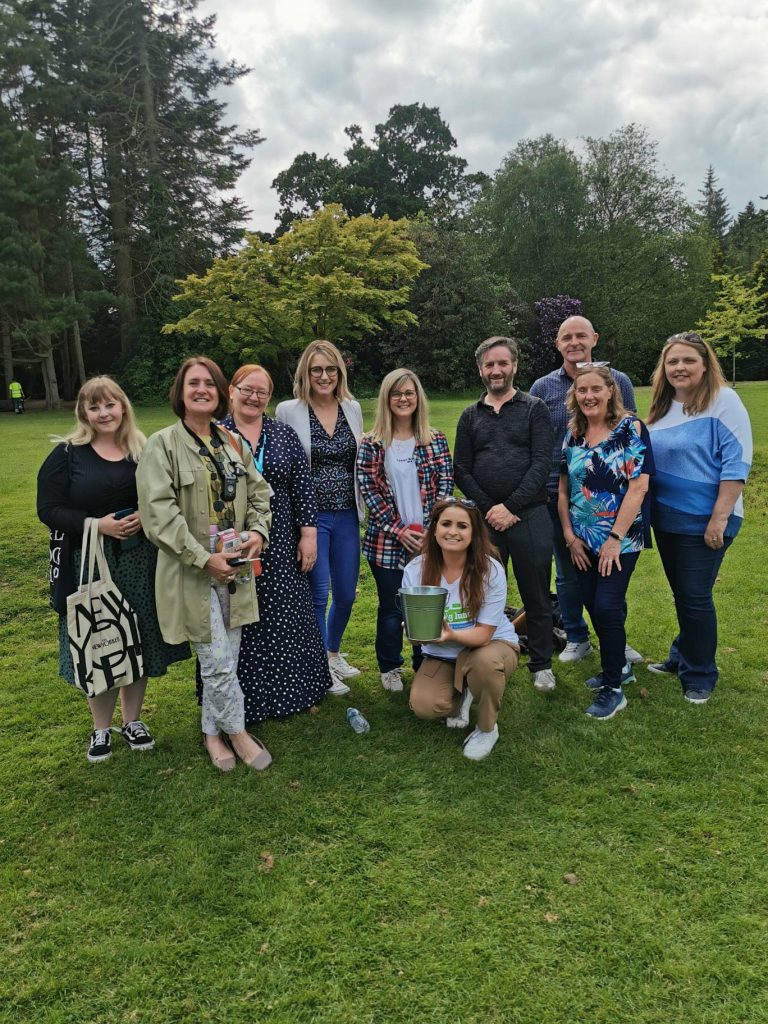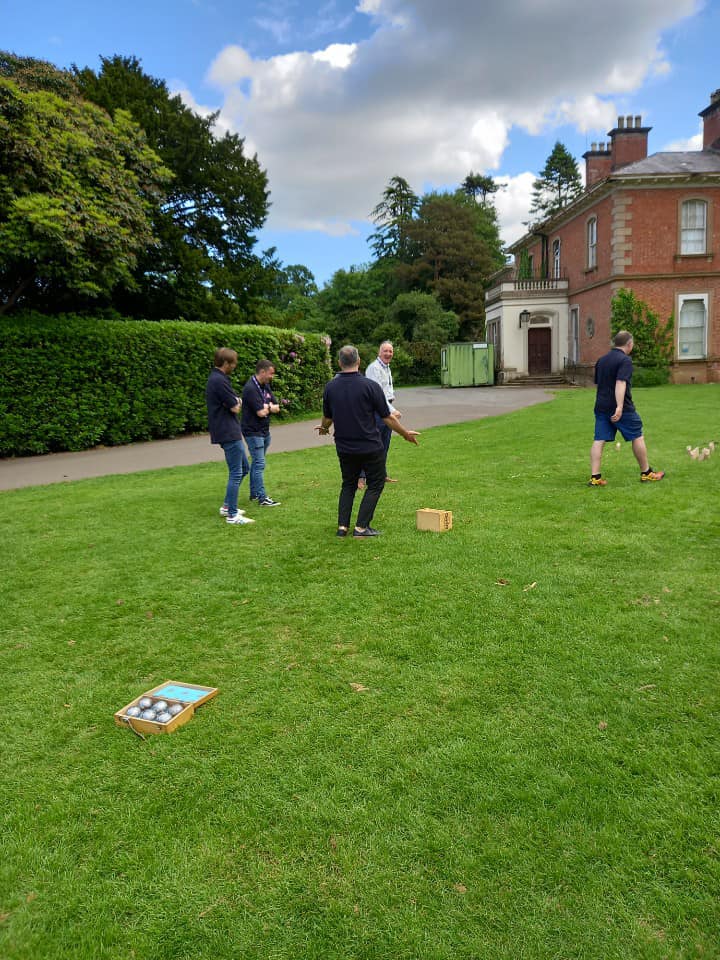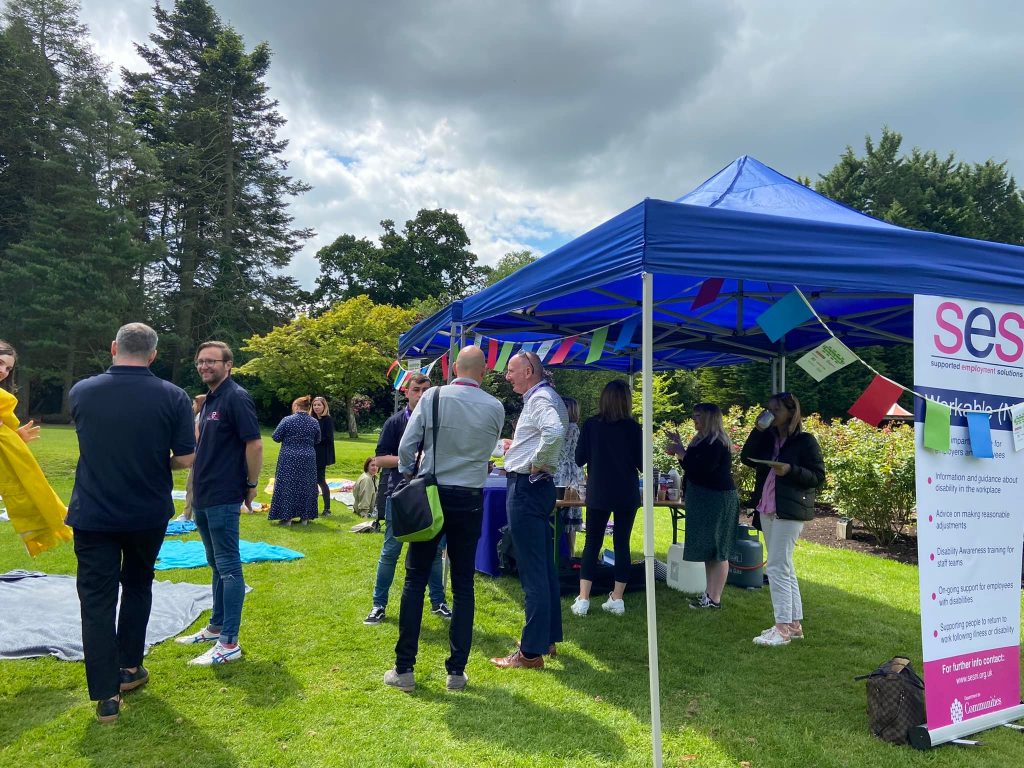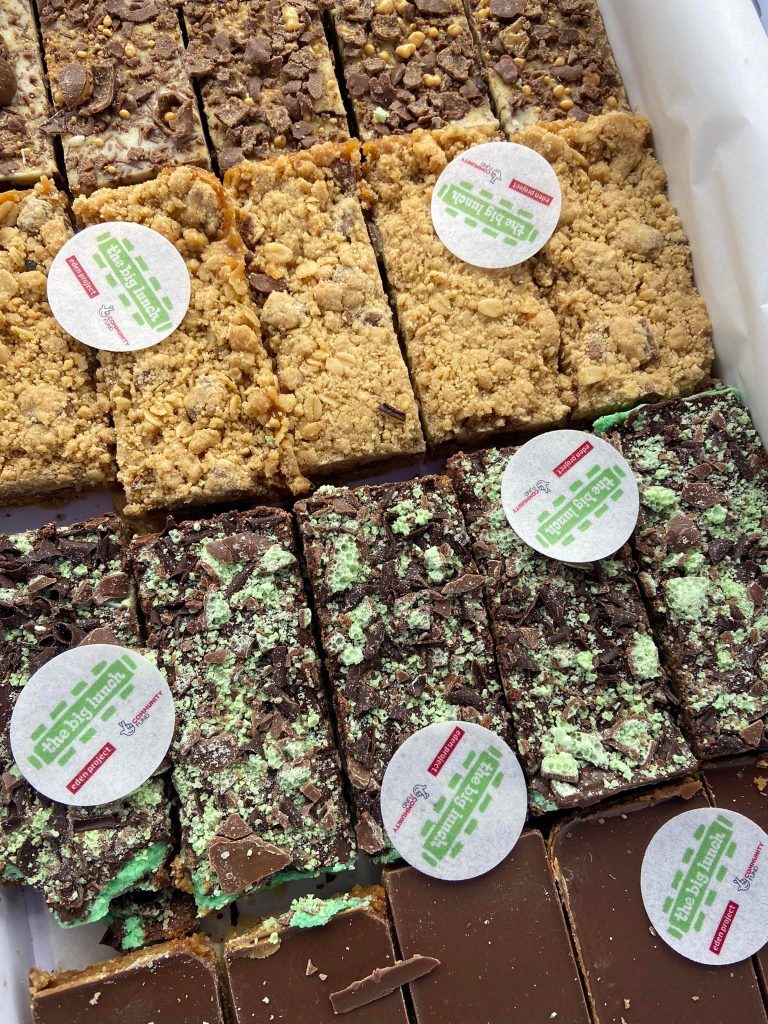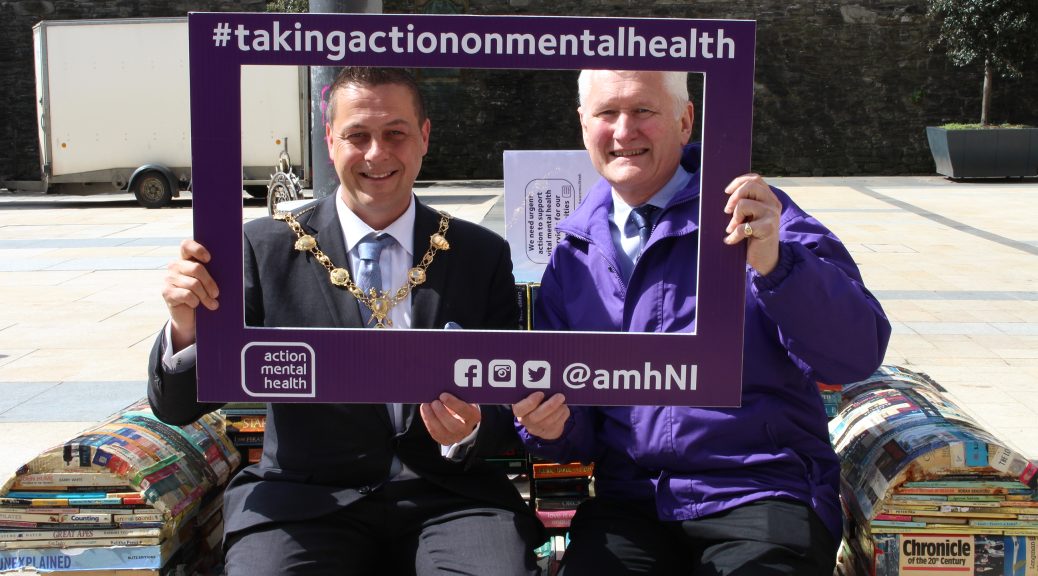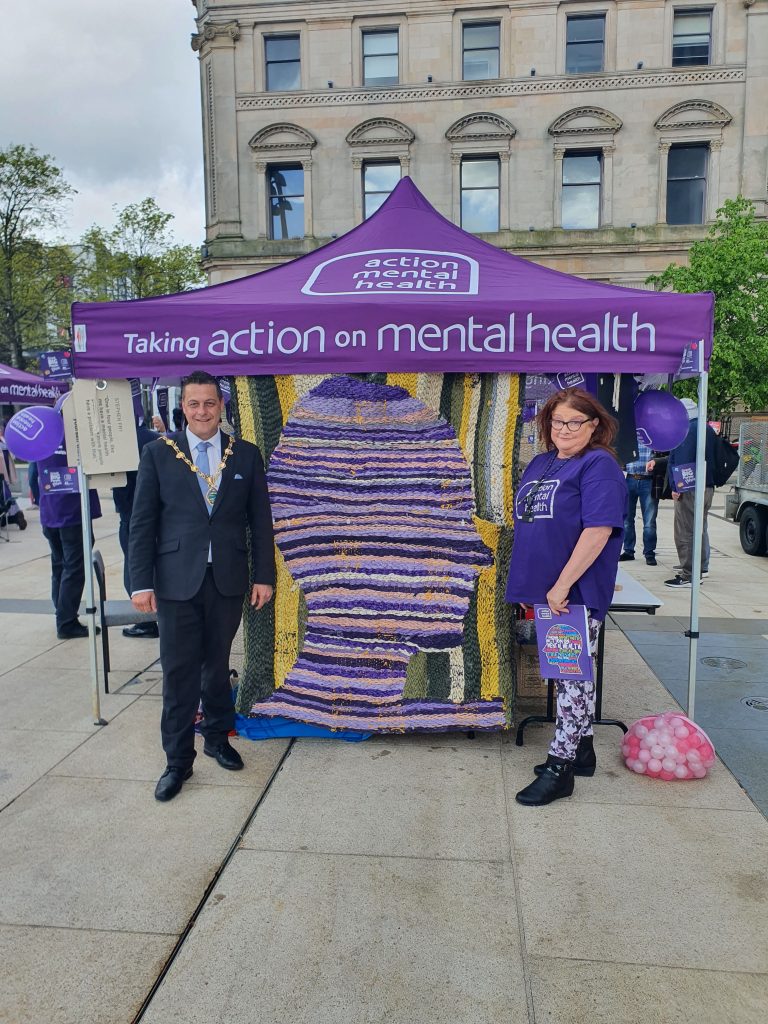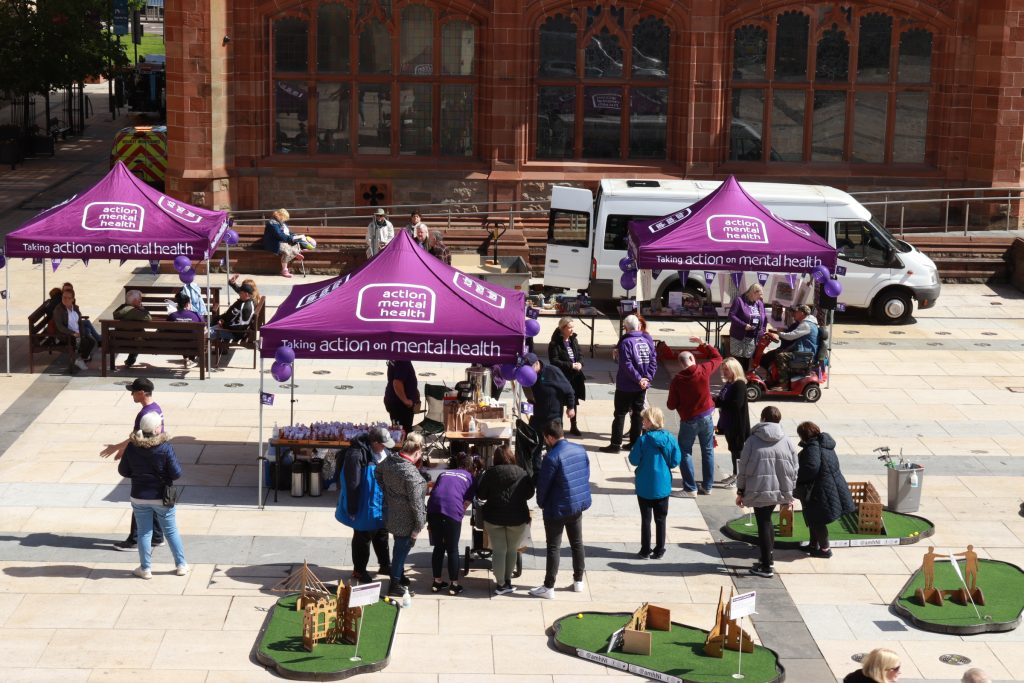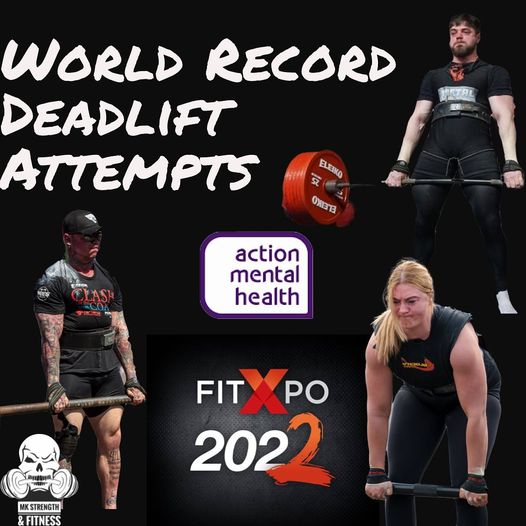Barclays 100×100 Programme creates 100,000 reasons to celebrate at Action Mental Health!
Action Mental Health’s specialist counselling service, AMH New Life Counselling has had a very special reason to celebrate. The organisation is one of 250 successful UK charities to receive funding, as part of Barclays response to the global pandemic.
As part of its 100 x 100 Programme, Barclays initially invited UK charities to apply for one of 100 donations of £100,000. Inspired by the scale of the response, the bank expanded the programme to help a further 100 charities and as the impact of the pandemic continues to be felt, Barclays has now made a further 50 donations of £100,000 to UK charities to reach a total of 250 charities.
The fund has focused on several areas including supporting mental health tomeet the needs of communities as they emerge from the pandemic, Barclays is supporting Action Mental Health with a £100,000 donation to support its specialist counselling service.
AMH New Life Counselling is delighted to have received a £100,000 donation of support from Barclays, enabling us to continue to deliver our meaningful services here in Northern Ireland. The funding will enable our team to provide hundreds of vital counselling sessions to local people, at a time when demand for our services continues to grow.
Adrian Doran, Barclays Northern Ireland, said:
“With the long-term impacts of the crisis still being felt, Barclays continues to play a positive role in society. By working with charities like Action Mental Health who best understand the needs of their communities in Northern Ireland we can ensure help is getting right into the heart of society. We hope that by partnering with incredible local charities, we can continue to help people in need as they emerge from the crisis.”
David Babington, Chief Executive of Action Mental Health, said:“We are absolutely delighted to receive this extremely generous support from Barclays. We know that the full impact of the pandemic has yet to be felt, but for many people it has already had a very serious impact on their mental health. As a local charity, we are well placed to provide support to people in our communities and this £100,000 donation from Barclays will help us reach many more people.”




